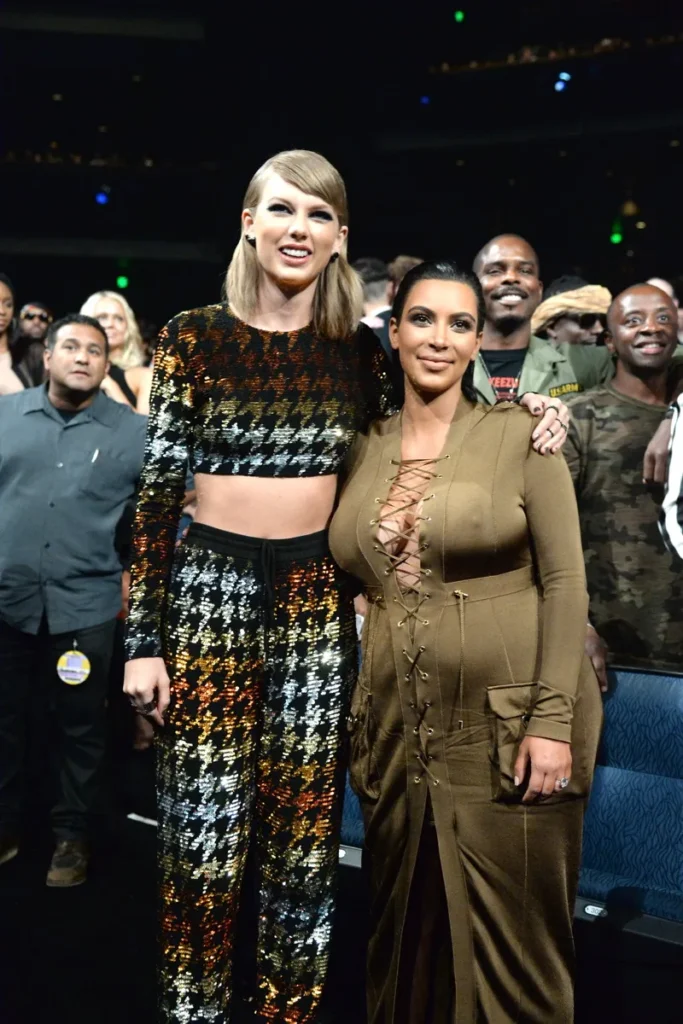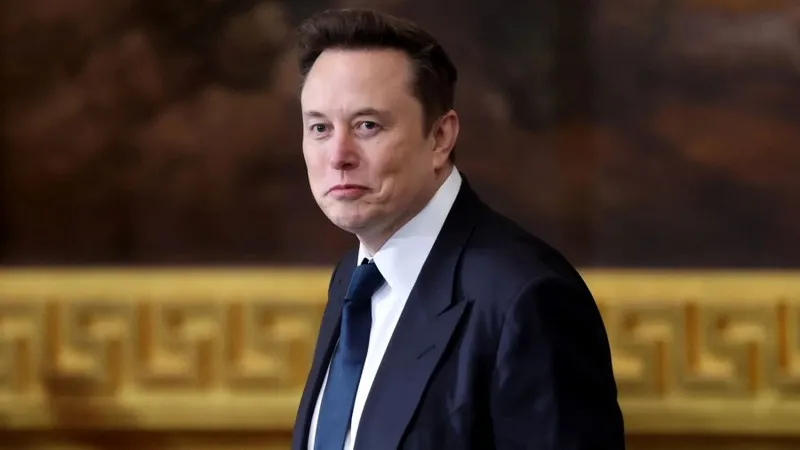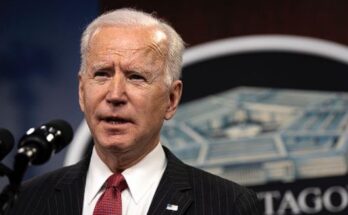In an unexpected twist, pop culture powerhouses Taylor Swift and the Kardashian family have faced a dramatic drop in followers on social media, losing millions overnight. The cause? Elon Musk’s public call for their accounts to be blocked and boycotted. This shocking decline has left fans and critics alike speculating about the real reasons behind the sudden social media exodus.
The controversy erupted when Elon Musk, owner of the social media platform X (formerly Twitter), leveraged his vast influence to urge his followers to boycott Taylor Swift and the Kardashian family. In a series of provocative posts, Musk criticized the political and social views of these celebrities, accusing them of promoting a “culture of abandonment” and ideologies he believes threaten free speech.
Musk’s call to action was clear: he urged his millions of followers to “block” and “boycott” the accounts of Swift and the Kardashians, linking them to the rise of what he perceives as the damaging spread of “woke” culture—a movement he’s openly denounced in recent months.
The fallout was immediate and dramatic. As a direct result of Musk’s boycott call, Taylor Swift experienced a staggering loss of over 5 million followers, while the Kardashian family saw a drop of more than 3 million followers. The sudden and significant loss sparked heated discussions in the media and among fans, with opinions sharply divided.
This episode underscores the immense power Elon Musk holds in shaping public opinion and influencing celebrity popularity on social media. While Musk’s supporters applaud his stand against what they see as one-sided ideologies, others argue that such moves illustrate the dangerous concentration of power held by influential figures on social media.
Neither Taylor Swift nor the Kardashian family has publicly commented on the follower loss, but social media has been buzzing with reactions. Fans of both celebrities have expressed outrage, condemning the boycott as an attack on free expression. In contrast, Musk’s supporters view his call as a necessary counteraction against what they believe are dominating and oppressive viewpoints on social platforms, offering a voice to those who feel marginalized by mainstream ideologies.

This incident brings to the forefront critical questions about the delicate balance between freedom of expression and the overwhelming influence wielded by prominent public figures on social media. While the X platform champions free speech, individuals like Elon Musk are increasingly using their platforms to shape public opinion, often rallying their followers into collective actions like boycotts against high-profile figures.
The real issue lies in determining whether such influence should be allowed to flourish unchecked. Where do we draw the line between legitimate free expression and the manipulation of public sentiment by powerful personalities? The question of how far these figures can go in swaying the masses, and whether their actions cross the line into unfair manipulation, remains a complex and open debate in the digital age.

The boycott and the massive loss of followers experienced by Taylor Swift and the Kardashian family after Elon Musk’s call represent a pivotal moment in how social media is used to shape public opinion. This incident has ignited a fiery debate about the role of politics and personal viewpoints in the digital sphere, as well as the responsibility of the most influential figures in the space.
With such power at their fingertips, the question arises: Should celebrities and tech moguls be held accountable for using their platforms to mobilize large-scale actions that can dramatically impact individuals’ public profiles and careers? As the lines between personal beliefs and professional influence continue to blur, this event highlights the growing need for a thoughtful conversation about the ethical use of social media influence.




